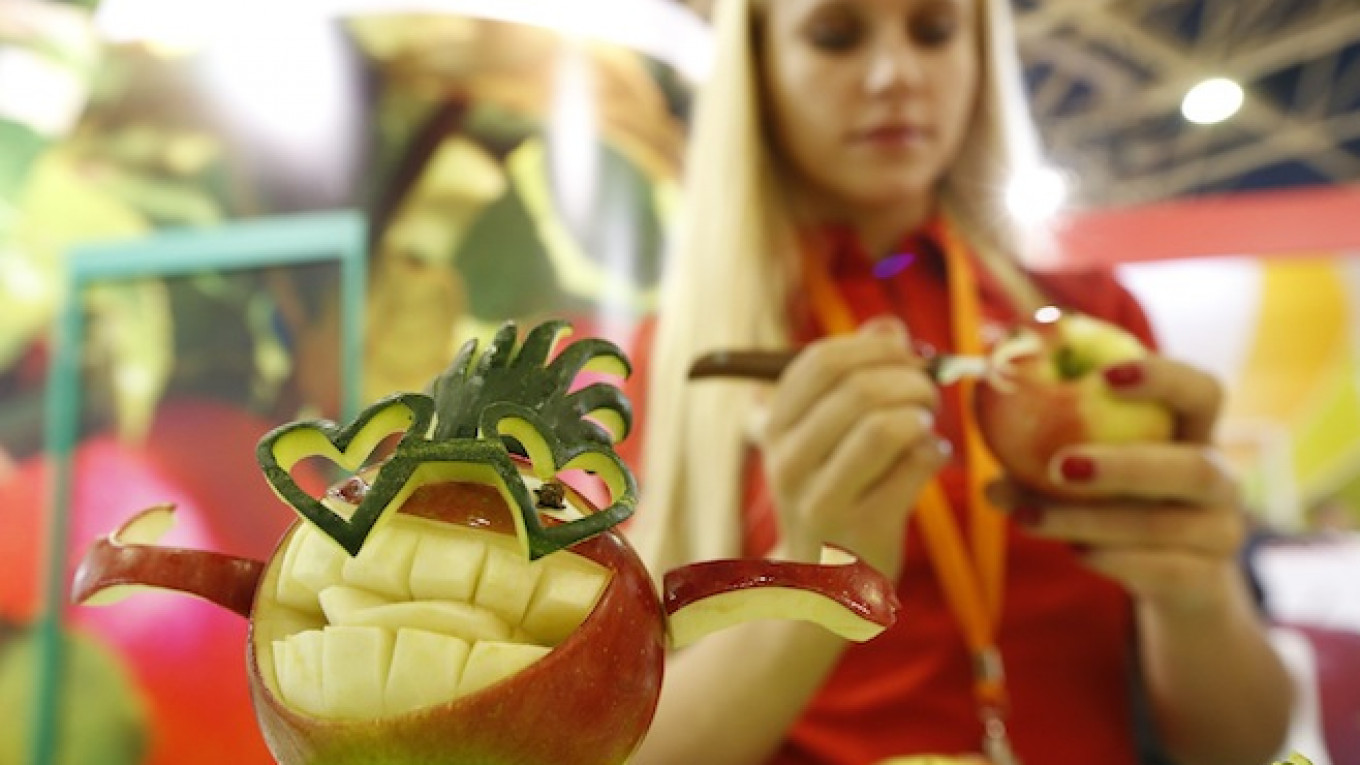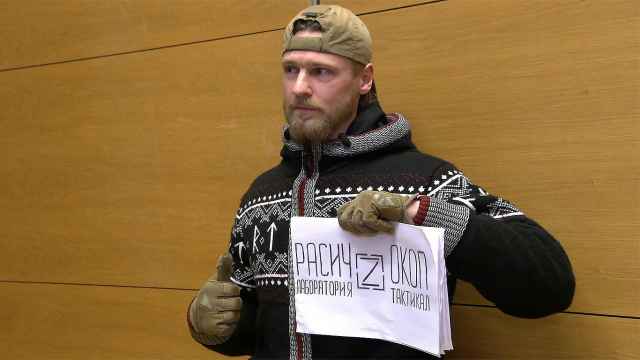EU officials have agreed new measures to help food producers hit by a Russian ban on agricultural imports and will publish them over the coming days, the European Commission said.
Moscow in August imposed a one-year embargo on meat, fish, dairy, fruit and vegetables from the United States, the European Union, Canada, Australia and Norway in retaliation for Western sanctions over Moscow's involvement in the Ukraine crisis.
EU farm exports to Russia are worth some 11 billion euros ($14.3 billion) annually, or roughly 10 percent of the bloc's agricultural sales. The Russian embargo has affected EU products worth 5 billion euros, said the Commission, the EU executive.
Following debate with representatives of the 28 member states on Tuesday, the Commission is finalizing the text and budget for a new compensation scheme and expects to make an announcement in the coming days, spokesman Roger Waite said.
"Official publication is expected early next week, with new rules entering into force straight away," he said.
Waite said he could not yet give a figure for the budget.
In the immediate aftermath of Russia's ban, the Commission announced 125 million euros in aid for producers to help them cope with a glut of fresh produce that depressed markets.
But it suspended that plan this month after a surge in claims. Polish farmers asked for more compensation than EU officials say the entire bloc exports to Russia in a year.
It remained unclear how much money was being disbursed under the 125 million euro plan. The new measures are in addition to the previous aid program.
Like the prior scheme, the aim of the new cash is to stabilize prices by paying producers to take some of the surplus off the market, through steps such as giving food to schools and other institutions or not harvesting it in the first place.
The Commission said producers of fresh fruit and vegetables had been the first to be affected because Russia announced the ban when harvesting was at its peak.
EU officials will now analyze exports of products, including citrus, apples, pears, other fruit and some vegetables, made over September to December last year to predict where help needs to be targeted.
The impact varies from country to country, with eastern EU nations such as Poland and Lithuania heavily dependent on the Russian market, while the European Union's biggest agricultural economy, France, has voiced concern about the knock-on effects of surplus produce on the prices its growers can charge.
A Message from The Moscow Times:
Dear readers,
We are facing unprecedented challenges. Russia's Prosecutor General's Office has designated The Moscow Times as an "undesirable" organization, criminalizing our work and putting our staff at risk of prosecution. This follows our earlier unjust labeling as a "foreign agent."
These actions are direct attempts to silence independent journalism in Russia. The authorities claim our work "discredits the decisions of the Russian leadership." We see things differently: we strive to provide accurate, unbiased reporting on Russia.
We, the journalists of The Moscow Times, refuse to be silenced. But to continue our work, we need your help.
Your support, no matter how small, makes a world of difference. If you can, please support us monthly starting from just $2. It's quick to set up, and every contribution makes a significant impact.
By supporting The Moscow Times, you're defending open, independent journalism in the face of repression. Thank you for standing with us.
Remind me later.






